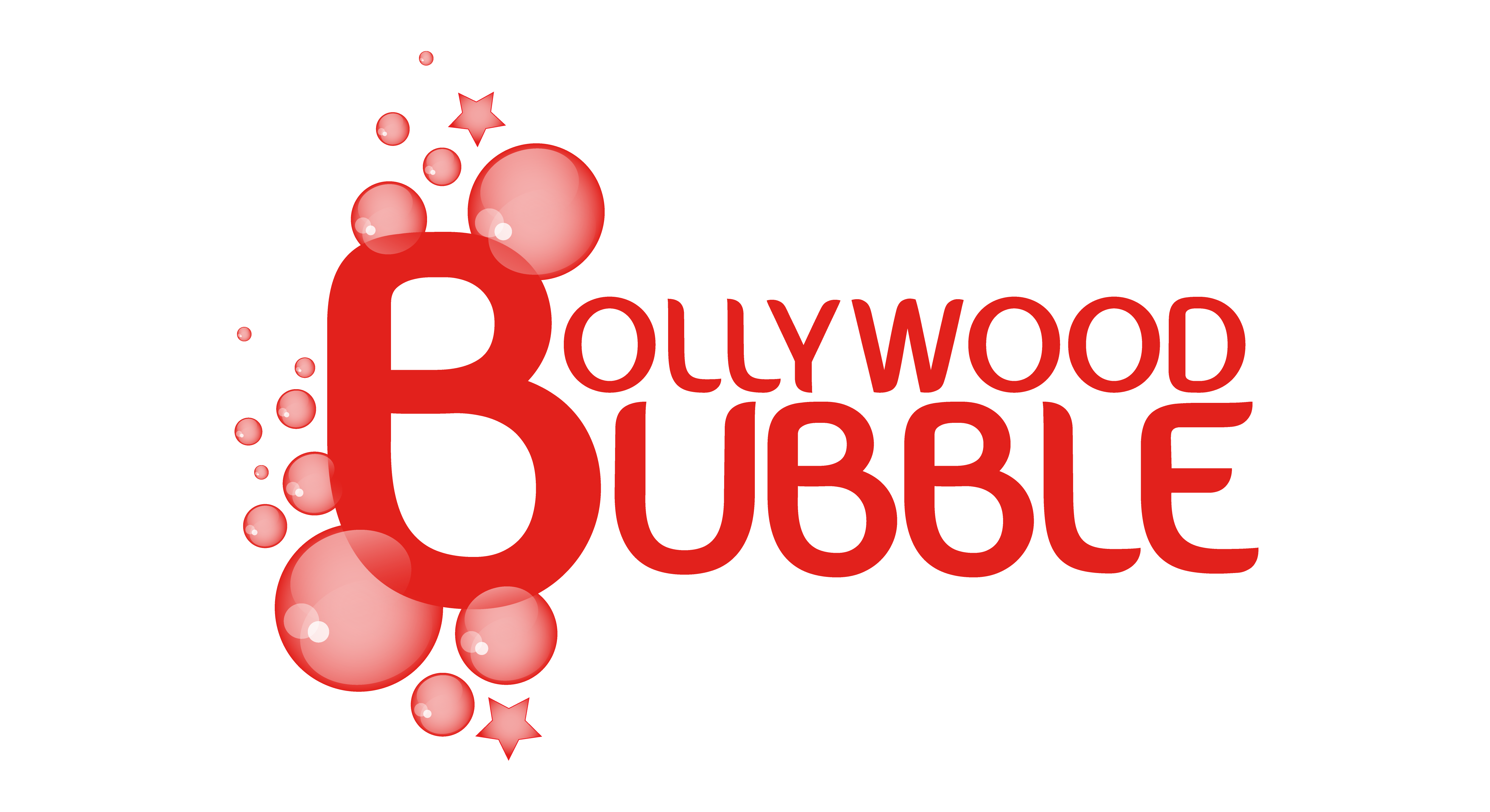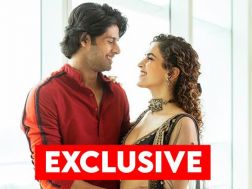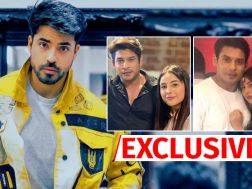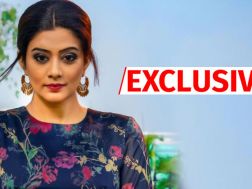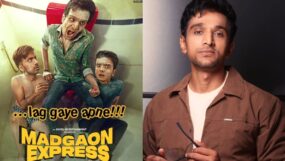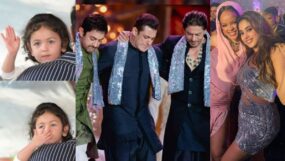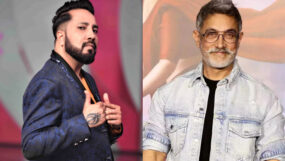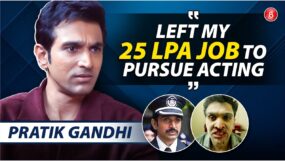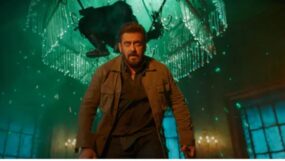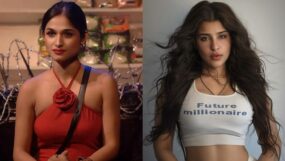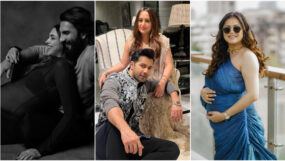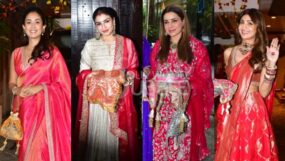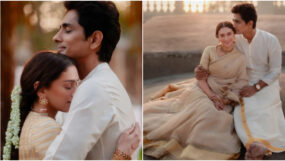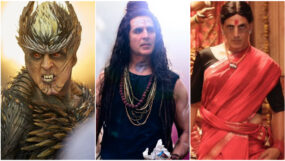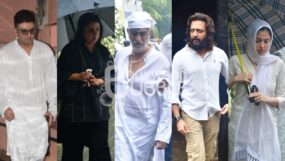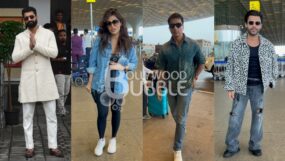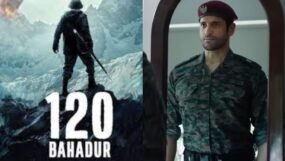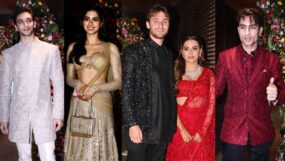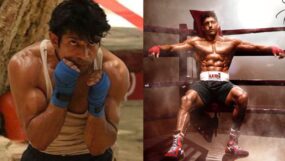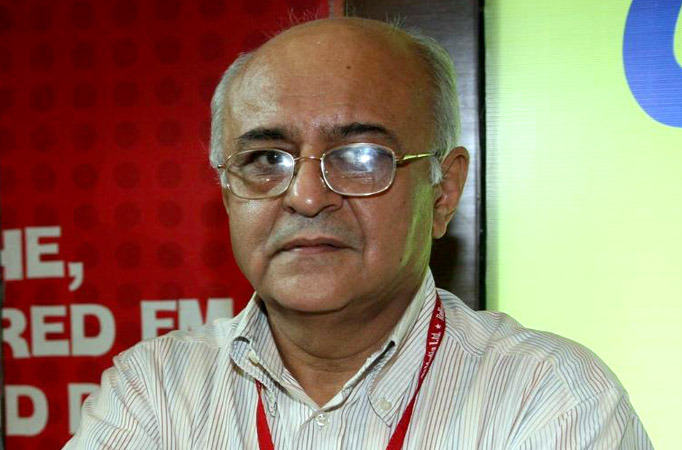
Filmmaker-lyricist-writer Amit Khanna, whose lyrics in songs like “Chalte chalte mere ye geet” and “Uthe sabke kadam” continue to tug at music lovers’ heartstrings even over three decades since they were first heard, says nowadays Hindi movies lack songs which are part of the story.
Khanna, a media expert, was in conversation with Akshay Munwani at the Kala Ghoda Arts Festival here, Sunday. He discussed his poetry, songs, films and more, apart from mulling over the state of songs in present-day Hindi cinema.
“The difference today with the song writing is that films are created and marketed in such that every song has become an item song. Yes, there are some exceptions, but the other people who write songs they neither know English, nor Hindi or Urdu.
“Having said that, there are some good writers like Prasoon Joshi and Irshad Kamil,” Khanna said during the conversation.
He finds no dearth of talent.
“The talent is there…there is some real good talent. It’s just that most of the films don’t have songs which are part of the story, so you just cut away and come back and to the narrative. That’s not a conducive way of writing,” added the media expert, who is a former chairman of the Anil Ambani-led Reliance Entertainment Limited.
Apart from writing songs, Khanna has also penned dialogues of movies, including Mahesh Bhatt’s landmark film “Saaransh”. A small clipping of the film was also played during the session here.
What does he think of dialogue writing in present-day cinema?
“I think Anurag (Kashyap) is a great dialogue writer, Imtiaz Ali, Farhan Akhtar …some of the younger writers are using great dialogues. People from small towns are coming and writing and they have a fresh perspective. So, that’s a good thing for the industry,” he said.
Having started his career with Navketan Films in 1971, Khanna has written lyrics for as many as 400 film and non-film songs. His association with poetry also goes back a long way.
In “Anant Raaq: Infinite Verses”, an anthology of a set of diverse poetry, inspired by nature, human stories, emotions and spirituality, he has translated his poetry from Hindi to English.
At the Kala Ghoda Arts Festival, he also read out a few lines from the book.
Talking about how he translated the poems to English, he said: “I have translated a few songs earlier, so I have done that before. I feel that with translators…the syntax changes. I feel that certain words cannot be translated and if they are translated in an awkward way, that it takes away the origin.”
Inputs by IANS
